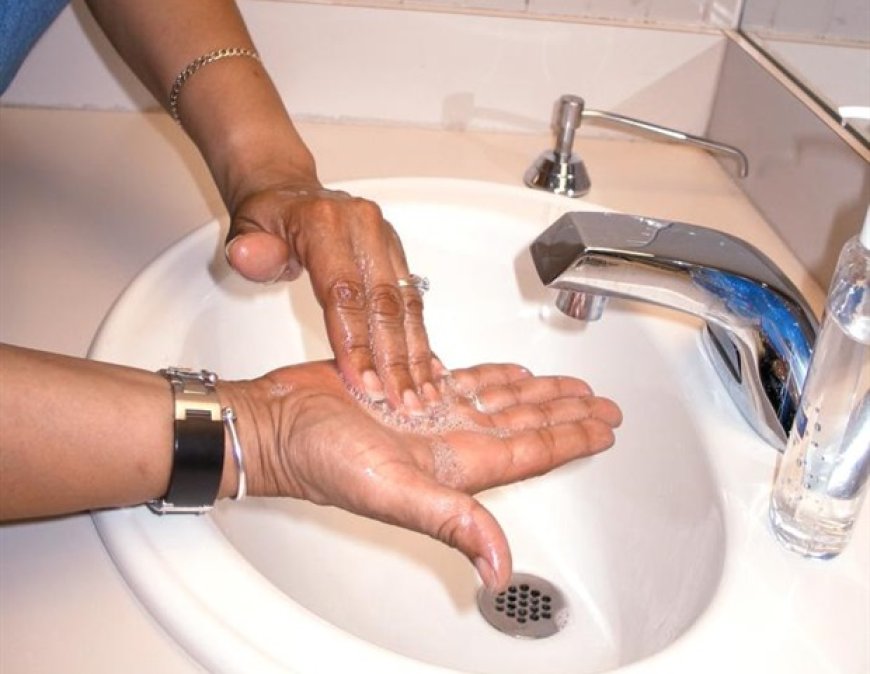How Improving Water, Sanitation, and Hygiene Can Help End Cholera by 2030
Learn how access to safe drinking water, sanitation, and hygiene is crucial in reducing cholera-related deaths in low- and middle-income countries. A recent study evaluated the impact of WASH access on cholera across 89 countries, emphasizing the need for targeted control strategies. Discover how disparities in WASH access contribute to the unequal cholera burden and the importance of scaling up safe WASH access to eliminate cholera globally.

The United Nations Sustainable Development Goals (UNSDG) include targets for safe drinking water, sanitation, and hygiene (WASH), critical in preventing cholera in low- and middle-income countries (LMICs). The Global Task Force on Cholera Control (GTFCC) aims to reduce cholera deaths by 90% and eliminate cholera in up to 20 countries by 2030. Disparities in WASH access impact the cholera burden across regions.
A study in Global Transitions by Chinese researchers assessed WASH access and cholera burden in 89 LMICs from 2000 to 2017. Safe WASH is crucial for cholera prevention. Understanding the impact of WASH on cholera can help tailor control strategies to specific country conditions as per the GTFCC's Global Roadmap.
Piped water and sewer/septic sanitation reduce cholera, while surface water and open defecation increase risk. Regional disparities in WASH access affect cholera burden. Sub-Saharan Africa faces higher cholera risk due to unimproved drinking water compared to Northern Africa and Western Asia.
Improving WASH access is key to ending cholera globally. Achieving universal access to improved sanitation could significantly reduce cholera risk in different regions. Scaling up safe WASH access is essential for cholera elimination.
According to the source: News-Medical.
What's Your Reaction?
 Like
0
Like
0
 Dislike
0
Dislike
0
 Love
0
Love
0
 Funny
0
Funny
0
 Angry
0
Angry
0
 Sad
0
Sad
0
 Wow
0
Wow
0























































































































































